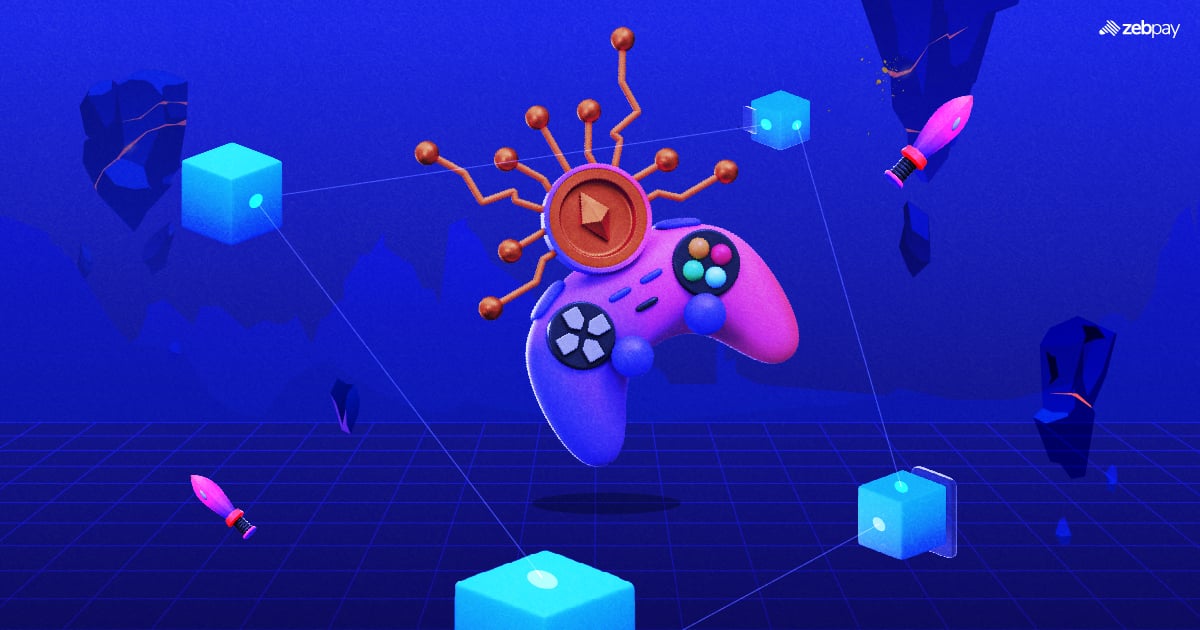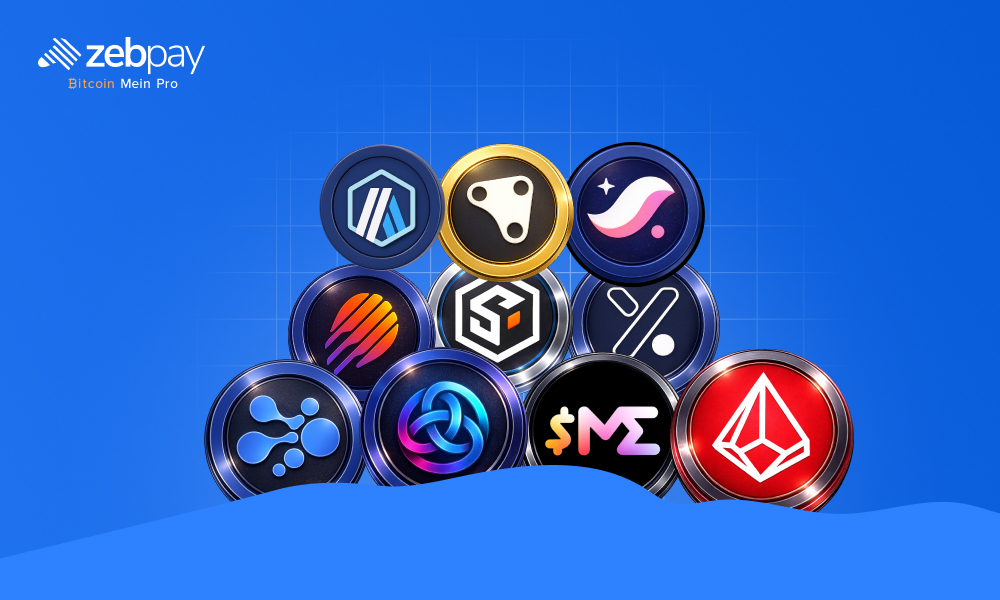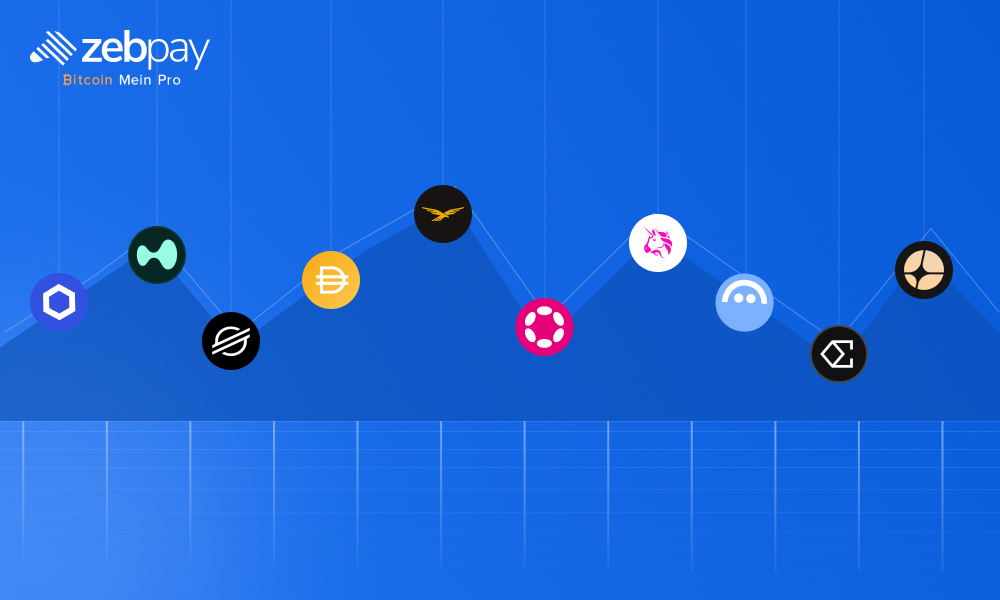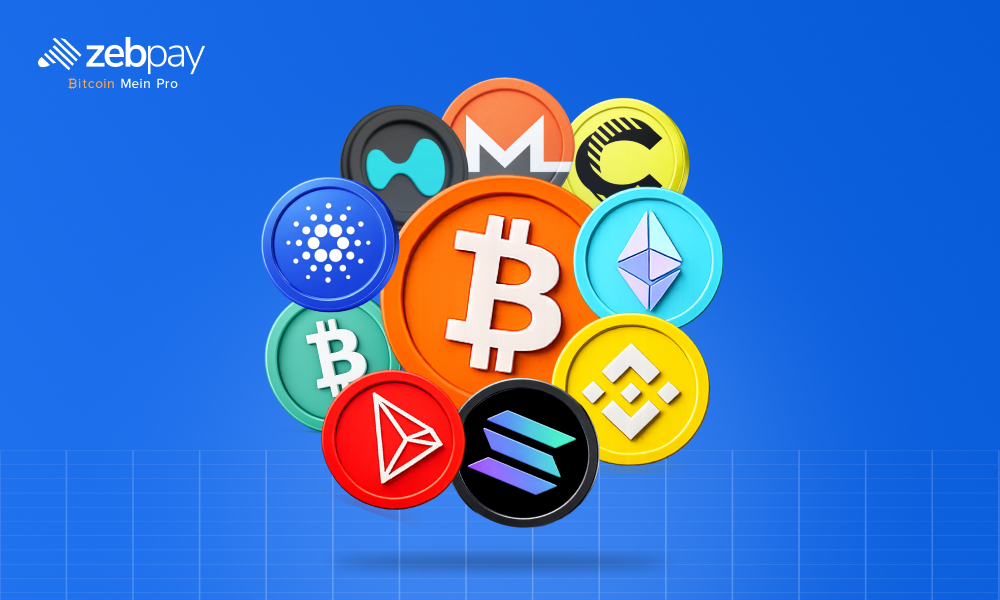Gaming has come a long way since the early days of Pong and Tetris. Gamers today enjoy an immersive experience with stunning graphics, complex storylines and multiplayer features. But despite all the advancements in gaming, the industry is still plagued by many issues like cheating and a disconnect between owners and developers. Fortunately, blockchain technology is here to revolutionize gaming.
What Is the Role of Blockchain In the Gaming Industry?
Blockchain is a distributed ledger technology that enables secure and transparent transactions without intermediaries. It creates a decentralised database that stores information across a network of computers. Each “block” of the chain is a set of transactions securely stored using cryptography. Once a block is added to the chain, it cannot be altered or deleted.
In the gaming industry, blockchain can be used to create decentralised experiences, track ownership of in-game items, and allow secure and transparent transactions. This technology can also enable gamers to earn real money from their gameplay through the use of NFTs.
Read more: What is GameFi
How Blockchain Can Revolutionize Gaming?: Disruptive Potential And New Opportunities
The impact of blockchain on gaming may be felt in several ways. Here are some of the new opportunities it presents:
- Enhanced security: Blockchain technology can help prevent fraud, cheating, and hacking in games. Using it makes it virtually impossible to alter game data. This means that gamers can trust their in-game assets are secure and can’t be stolen.
- Transparency: Blockchain technology can provide transparency in gaming by recording all transactions on a public ledger. This means that both gamers and developers can verify the authenticity of in-game assets.
- Ownership: Blockchain technology can enable gamers to own and trade in-game assets, giving them real-world rewards. This means that gamers can earn money by selling their assets on gaming marketplaces.
Future Of Gaming With Blockchain: Predictions, Challenges, And Opportunities

The future of gaming with blockchain is full of potential, but some challenges need to be addressed. Here are some challenges and opportunities for the future of blockchain gaming:
Adoption Of Blockchain Gaming Platforms
One of the biggest opportunities is the adoption of decentralised gaming platforms. These platforms can provide gamers with a transparent environment to buy, sell and trade in-game assets. The adoption of blockchain gaming platforms will also increase the demand for blockchain developers and create new opportunities.
Integration With Virtual Reality
Another opportunity for the future of blockchain gaming is the integration with virtual reality (VR). VR can create a more immersive gaming experience, while blockchain technology provides a secure and transparent environment for all gaming needs.
Scaling Challenges
A major challenge for the future of blockchain gaming is scaling challenges. Blockchain technology is still in its early stages, and the most popular platforms cannot keep up with their demand. Therefore, there needs to be significant progress to enable the mass adoption of blockchain gaming.
Read more: What Are Blockchain Layers
Blockchain Gaming Use Cases: From In-Game Items To Decentralized Gaming Platforms
Asset Ownership
Blockchain integration in gaming can enable users to own and trade in-game assets, such as skins, weapons, and virtual real estate. By tokenizing these assets, gamers can buy, sell, and trade them on decentralised platforms and earn real, fiat money.
Decentralised Virtual Worlds
Blockchain technology can enable the creation of decentralised gaming platforms that allow gamers to play games without the need for intermediaries. These platforms can offer a more engaging environment for gamers, and developers can earn revenue through streamlined transactions.
Read more: What is Decentraland
Benefits Of Blockchain In Gaming: Enhanced Security, Transparency, And Ownership
Blockchain technology offers several benefits to the gaming industry, including:
Enhanced Security
Blockchain gaming advancements can prevent fraud, cheating, and hacking in games. Each block in the chain is unchangeable, making it impossible to fool the system and alter game data.
Transparency
Blockchain technology can provide transparency in gaming transactions by recording all transactions on a public ledger. This helps gamers verify their in-game assets and developers track their earnings.
Ownership
Blockchain technology can enable gamers to own and trade in-game assets, giving them real-world value. This means that gamers can earn money by selling their in-game assets on decentralized platforms.
NFTs In Gaming: Tokenizing Digital Assets And Creating New Revenue Streams
Non-fungible tokens (NFTs) are unique digital assets that are stored on a blockchain. They have recently become popular in the gaming industry due to their unique benefits. NFT is the technology that allows assets to be tokenized. This enables in-game items to be tracked, exchanged and verified using the blockchain ecosystem.
Conclusion
Blockchain technology is revolutionizing the gaming industry by providing enhanced security, transparency, and ownership to gamers. As gaming and blockchain technology grow hand-in-hand, new opportunities are available for the future of gaming. However, some scaling and usability concerns must first be addressed. But the future looks bright as blockchain creates a wonderful environment for gamers and developers alike.
You can read more about Web 3.0, Crypto and Blockchain on ZebPay blogs. Join the millions already using ZebPay.
FAQs on Blockchain Gaming
What Is The Potential Of Blockchain In The Gaming Industry?
Blockchain has the potential to revolutionize the gaming industry in many key ways. It enables gamers to own and trade in-game assets, tokenise digital assets through NFTs, and create new revenue streams.
How Can Blockchain Technology Prevent Fraud And Cheating In Games?
Blockchain technology can prevent fraud and cheating in games by creating a decentralized and immutable database that stores game data. This means that it’s virtually impossible to alter game data, and gamers can trust that their in-game assets are secure and can’t be stolen.
What Are The Challenges Of Using Blockchain In The Gaming Industry?
Some challenges to blockchain gaming market growth include regulatory and scaling concerns. There is a need for clear guidelines and regulations to prevent fraudulent activities and protect consumers.
How Can Gamers Earn Revenue From Their Gameplay Through Blockchain Technology?
Gamers can earn revenue from their gameplay through blockchain by selling in-game NFTs on decentralized platforms. This gives gamers real returns for their in-game efforts and creates new revenue streams.






